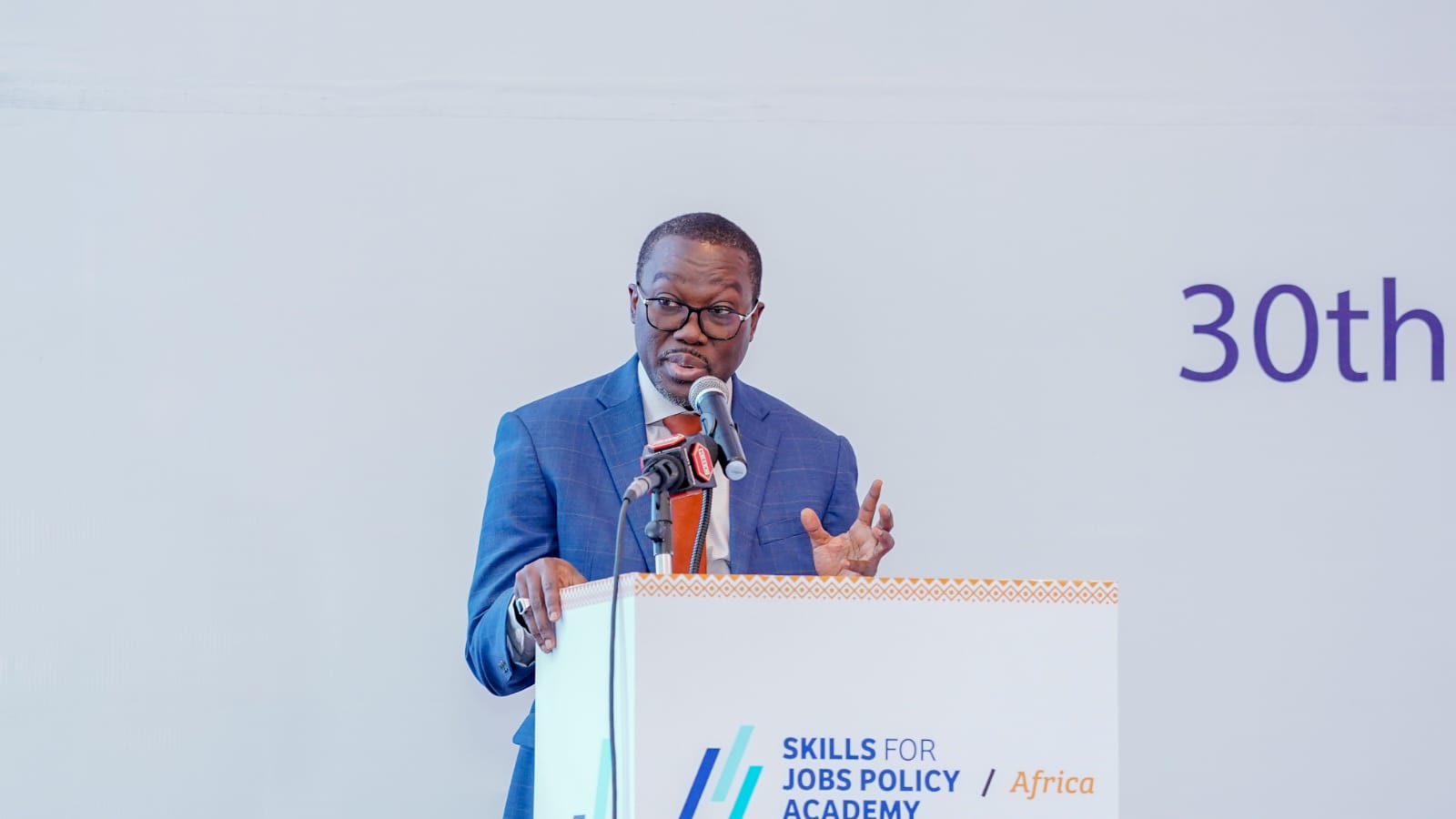
The Africa Skills for Jobs Policy Academy – Practitioner Program officially opened yesterday in Nairobi, convened by the World Bank Group in partnership with the Government of Kenya and the Inter-University Council for East Africa (IUCEA).
The four-day Academy has brought together more than 250 policymakers, ministers, industry leaders, and experts from 25+ African countries to tackle the continent’s pressing youth employment and skills challenge. With 12 million young people entering Africa’s labor market annually against only 3 million available formal jobs, leaders stressed the urgency of reforms to make skills development more demand-driven and aligned with industry needs.
Education Cabinet Secretary, Hon. Julios Migo Ogamba, underscored Kenya’s commitment to transforming Technical and Vocational Education and Training (TVET) under Vision 2030 and the Bottom-Up Economic Transformation Agenda. He announced plans to raise enrolment in TVET institutions from 700,000 students to 2 million by year’s end, while expanding dual training systems to better connect classrooms with industry.
“Our task is to ensure education and training systems benefit all segments of the population—learners, workers, out-of-school youth, and adults seeking to retool—while building a future-ready workforce for economic growth and social inclusion,” he said.
Principal Secretary for TVET, Dr. Esther Thaara Muoria, called for African countries to reposition TVET as a first-choice pathway for youth and industrialization. “Africa must transform its TVET system to be more responsive, agile, and aligned with the modern market economy. TVET institutions must inspire entrepreneurship so that our youth become job creators and innovators, not just job seekers,” she urged.
Ndiame Diop, Regional Vice President for Eastern and Southern Africa at the World Bank, emphasized that skills are the foundation of transformation. “Economies cannot move from subsistence farming to modern agrifood, from small retail to scalable services, or into competitive manufacturing and digital industries without stronger skills systems,” he said.
The opening day featured keynote addresses, a private sector panel on skills demand in growth sectors such as agriculture, energy, manufacturing, and construction, and a high-level ministerial dialogue with ministers from Kenya, Zambia, Sierra Leone, Guinea, Ethiopia, and Ghana. The day concluded with the launch of an Expo showcasing Africa’s skilling centers of excellence.
The Academy runs until October 3, 2025, with technical panels, field visits to leading Kenyan TVET institutions, and country action plan presentations. It is expected to produce practical reforms and partnerships to accelerate job creation across the continent.








